1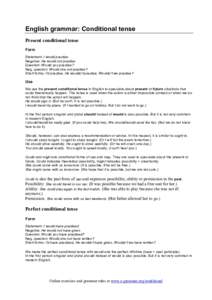 | Add to Reading ListSource URL: www.e-grammar.orgLanguage: English - Date: 2014-12-03 04:54:40
|
|---|
2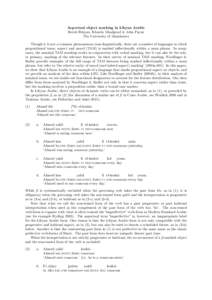 | Add to Reading ListSource URL: nlp.ipipan.waw.plLanguage: English - Date: 2016-05-21 20:03:12
|
|---|
3 | Add to Reading ListSource URL: www.brandhook.comLanguage: English - Date: 2016-06-21 21:33:24
|
|---|
4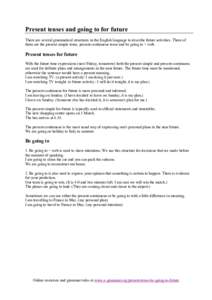 | Add to Reading ListSource URL: www.e-grammar.orgLanguage: English - Date: 2014-12-03 04:59:36
|
|---|
5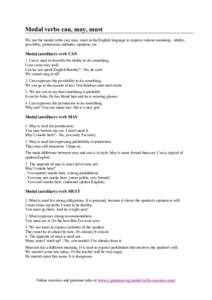 | Add to Reading ListSource URL: www.e-grammar.orgLanguage: English - Date: 2014-12-03 04:58:20
|
|---|
6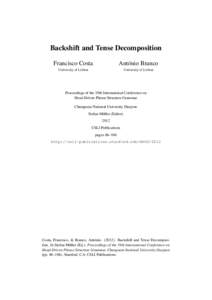 | Add to Reading ListSource URL: www.di.fc.ul.ptLanguage: English - Date: 2016-05-03 08:59:38
|
|---|
7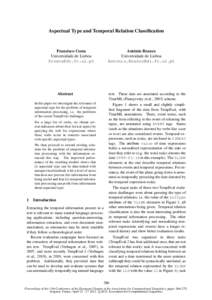 | Add to Reading ListSource URL: www.di.fc.ul.ptLanguage: English - Date: 2016-05-03 08:57:10
|
|---|
8 | Add to Reading ListSource URL: www.lingref.comLanguage: English - Date: 2013-07-01 12:49:43
|
|---|
9 | Add to Reading ListSource URL: www.lingref.comLanguage: English - Date: 2013-07-01 12:54:32
|
|---|
10![Aspect in the Present Tense in Kazakh: Auxiliaries and their Delineation Jonathan North Washington University of Washington [removed] Aspect in the Present Tense in Kazakh: Auxiliaries and their Delineation Jonathan North Washington University of Washington [removed]](https://www.pdfsearch.io/img/6fd4efb71f177b2d16a852a12de4c58a.jpg) | Add to Reading ListSource URL: jnw.nameLanguage: English - Date: 2007-01-09 16:19:03
|
|---|